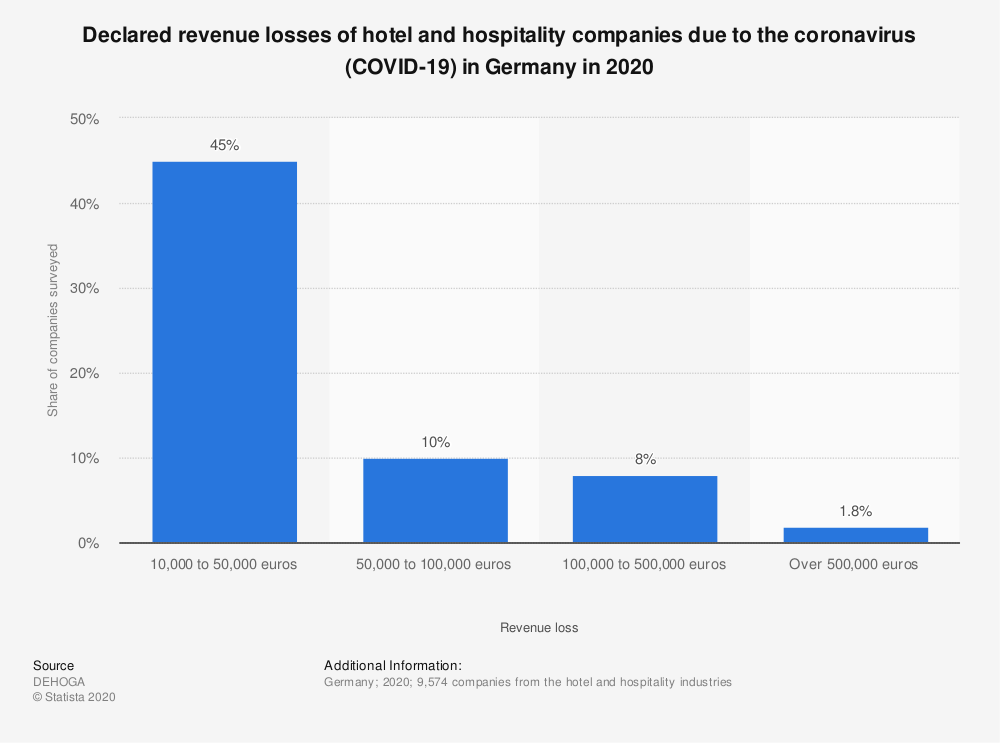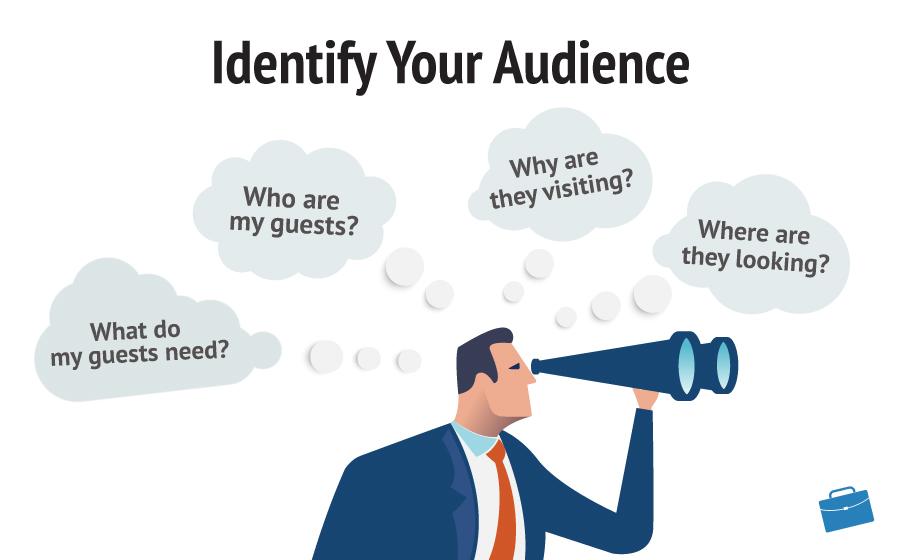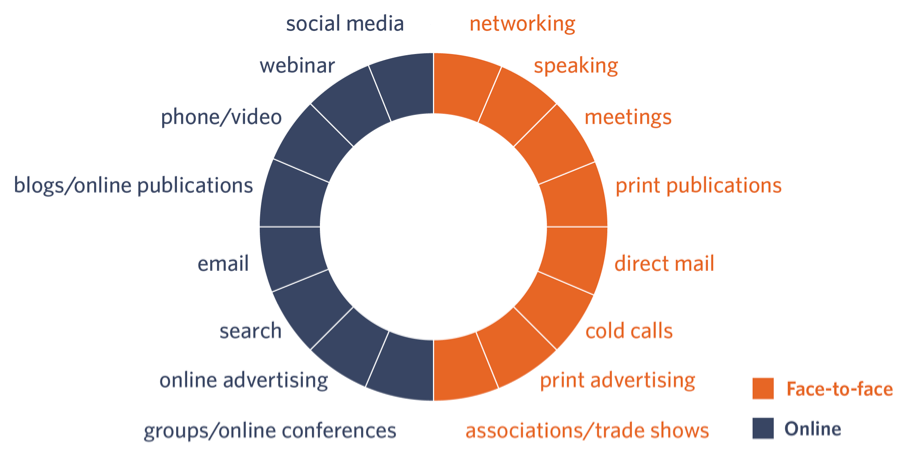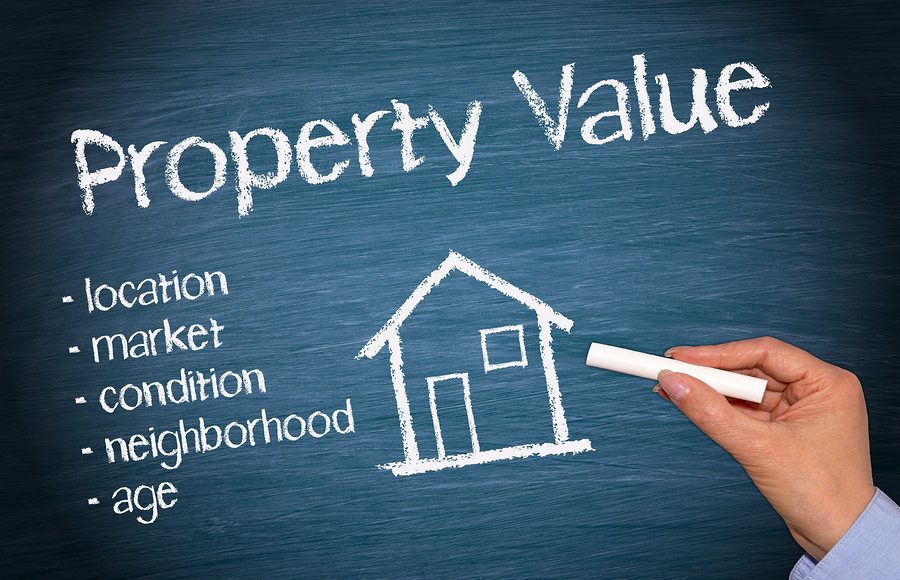How to Sell a Hotel the Smart Way
Hotels and resorts have been among the hardest-hit sectors in the U.S. Given the pandemic and low recovery rate, there is a lot of speculation and theories about when the hospitality industry will recover.
Some plan to keep it going for as long as possible, while a large percentage are willing to sell it and invest in other projects.
This article is written to show hotel owners how to sell a hotel property. We, at CommercialConsult, are keen on helping you sell a hotel and sell it smartly. Before going into the intricacies of the subject of discussion, let’s discuss the basics.
What is a Hotel?
The term hotel refers to a managed building or establishment that provides guests with overnight accommodations – in exchange for a fee. As a result, hotel guests can experience quite drastic differences in the features and services offered by different hotels. As a result, owners of hotels often choose to target a specific type of customer through their pricing model and marketing strategies or by offering particular services.
What is The Hotel Industry?
An industry in which guests are accommodated or lodged in the hotel industry. Hotels are not the only form of overnight accommodation in this industry; hostels, motels, inns, and guest houses also fit under this definition. Nonetheless, it does not usually include long-term or permanent housing.
Effects of the Pandemic on the Hotel Industry
According to the World Travel and Tourism Council (WTTC), more than 50 million jobs will be threatened globally in the travel and tourism sector in 2020.

Source: We Forum
The hotel and hospitality sector is lucrative, potentially creating tens of thousands of jobs annually. Aside from the challenges associated with the lockdown policy of Covid-19, the hotels and hospitals subsector in the tourism industry has also had its share of challenges. Since the government announced the government’s “stay-at-home policy” and imposed a “social distancing” movement restriction, most restaurants were significantly impacted.
The spread of the covid-19 disease led to rapid shutdowns in cities and states, causing shock at restaurants and hotels across the country. Many hotels have reported booking declines because of the health scare, while restaurants in major cities have resorted to only offering delivery services. Most restaurants sell fresh food products, which are difficult to maintain as demand varies during the year, so they incur losses. Across the globe, hotels reported cancellations of millions of dollars, and the industry needed a bailout of $150bn.
Vacationers and corporate conference-goers who booked hotels and resorts before the current Covid-19 pandemic are calling to postpone or cancel their earlier planned events. Most hotels and restaurants have suspended normal operations temporarily as a result of this. This has caused an estimated 24.3 million jobs to disappear globally and 3.9 million in the U.S. alone due to the reduction in hotel occupancy during the pandemic. As a result of the covid-19 pandemic, the hotel industry suffered a significant economic impact. Many of the tourism players will find it difficult to continue paying staff due to the impact of Covid-19. Declining sales and income will result in job losses. Several hotels have already closed because of low patronage and the inability to pay workers’ salaries and electricity bills.
With this in mind, you can understand the rising demand for hotel owners to sell their property. But is this the best time to sell your hotel business?
How to Know When it’s Time to Sell a Hotel
In understanding how to sell a hotel property, you must understand every hotel owner has to decide between holding, selling, or refinancing: which should I do? Many writings have been done on the subject, including reports, articles, and books. A much simpler answer is that if you own a franchise, you should be a seller when there are buyers and when your hotel is still eligible for a complete franchise.
The majority of franchise companies in the United States have little or no assets. This means they own a small number of hotels and a small amount of real estate. Nevertheless, hotel franchises account for a large percentage of the U.S. lodging market. There comes the point in the ownership of franchised hotels when diminishing returns overwhelm the expected value return. There will soon be a “brand extinction” of many suburban and tertiary select-service franchised hotels, and they will struggle to remain profitable.
As you consider exit strategies, your brand should be the guiding factor. Franchised hotels are valued directly based on their brands and their performance. Therefore, the decision should be determined by how long the brand has been in operation.
It is, therefore, a good idea to sell when it is certain that the buyer can still obtain a new full-term license. An example is owning a 15-year-old box when the economy is heading downhill. A hotel that has been on a downcycle for five to six years is now 20 years old and potentially at risk for its brand by the time an economy improves. The last nail in the coffin of your franchise investment hears the words, “only remaining term.”
In essence, your franchiser does not believe your hotel meets the company’s long-term needs and brand image. By waiting too long to sell, you may lose the opportunity to sell your hotel.
The best time to sell is when there are buyers and while they are obtaining full-term licenses. What makes an ideal buyer is his ability to get a loan and see some upside. Franchise life terms are constantly evolving, and hotel owners must understand where the brand is heading and how much it will cost to stay within brand guidelines.
Understanding Your Buyers
To make the most of this selling process, you have to understand your buyers and their personalities. There are two categories of hotel buyers – established hotel business owners and entrepreneurs new to the business.
Established Hotel Business Owners
A number of these prospective buyers already own hotel properties, so they possess a lot of experience. Perhaps they have experience owning multiple property types already or have owned multiple ones before. Regardless, they know what they’re doing and most likely know exactly what they’re looking for.
A listing of your hotel for sale in official property or trade magazines and websites, for example, might be a good approach if you wish to take this path and sell your hotel to adept buyers.
It shouldn’t be difficult to reach adept potential hotel buyers (with the help of your realtor) as they likely follow the accommodation property market closely.
Entrepreneurs New to the Business
If you’re considering selling your hotel, you might consider selling it to a buyer new to the industry. Many people are attracted to the idea of a change in lifestyle by purchasing a small motel or boutique hotel, starting a new business, and switching industries.
Those who are interested in opening a hospitable business could be retired couples or business individuals.
Depending on their interests, they may very well look in similar places to adept buyers. But, again, your broker can help you select the right place to advertise to new entrepreneurs in the market.
How to Sell a Hotel Property
Preparation
The process of preparing your hotel for sale should start at least three years before you decide to sell.
- Accounts: Buyers will expect you to have three years of accounts, so you need to start by getting as many customers as possible. There is no exact formula for valuing a hotel business, but its sales/revenue trends at least partly determine its value for the last three years. A profit and loss statement for each year, a complete balance sheet, and a trailing 12 (T12) of all revenue generated will be needed by any serious buyer.
- A lack of photos of guests, sunny scenes, etc., is not good if your hotel is on the market in the middle of the closed season. Photos taken in lovely weather are important to show buyers, who may have difficulty visualizing how beautiful it all looks during the rainy season. Make sure that you take pictures showing guests, but ask for permission before using them in advertising (you do not need to say that the photos are intended for sale) or show any facial details. It is enough to see people in the picture; we do not need to know who they are.
- Maintain the property: As you will need to explain to your buyers where profits went in the crucial last three years, it is best to budget for any outstanding expenditures in years before the crucial last three years. If you know that the really big bill was exceptional and won’t occur again for many years, your buyers may not feel your confidence, they have no experience, and perhaps won’t believe everything you say. Make sure your accountant can adequately cover any last-minute expenditures, if necessary, in a separate report if there are really large expenditures.
Ratings
Your hotel should be very clear about its star rating, if it has any. A list of good trip-advisor reviews may not seem as obvious as favorable reviews from your customers. Don’t forget that they are not buying a building and some land; they are buying a business, and your current reputation will factor into their assessment of your quality. It’s important to remember that savvy buyers will already be conducting this research for themselves.
Advertising
We recommend avoiding advertisements for small family-owned hotels for sale that include the phrase “…could also be converted into a very large luxury family home”. Interestingly, many realtors and professional sellers make this mistake. This kind of advert says a lot about the business. In the case of a private seller, it gives the impression that the business is not good.
When the business is great, part of the asking price reflects it; it’s more than land and building valuation. Who would buy an incredible business for a great price only to close it down and convert it to a family home?
Who are the guests, locals or internationals? What’s their age? Are they young, family, retired, or mixed? For what purpose do they come? What seasons do they visit? Do your guests mostly book through your website or a booking site?

Source: Fit Small Business
How do you treat your guests? Are they provided with breakfast? Dinner? Entertainment? Although your current revenue depends on the services you provide, your buyer will still want a clear understanding of what is involved, even if they want to change things.
- It might seem that the buyer would probably do things differently, but to understand the business and how it might grow, the buyer will start with how you do things right now. There may be a desire on their part to use staff where you do not, and vice-versa, though they should gain an understanding of your model before developing theirs.
- The hotel business isn’t just land and buildings, it’s a process, so it’s important to describe the activities and the buildings and land. You’re probably underestimating how important what you are doing now is to buyers.
Time Wasters
Occasionally you will receive inquiries from buyers whom you may later describe as time-wasters, and you may become frustrated by these inquiries.
It’s important to be polite and friendly and to learn from each experience instead of taking your frustrations to everyone who inquires because you never know who is interested.
Steps you can take to improve your situation
- Find out whether they have contacted a bank and whether they have arranged financing for their purchase. If so, what kind of loan would be needed? Buyers could use anything from a conventional loan where a large down payment is made, to a SBA loan where a smaller down payment may be possible. You can differentiate a well-researched buyer very quickly from someone who isn’t as informed and perhaps naive. Since the buyer is likely to ask you financial questions, it is reasonable that you inquire about their financial status. You should explain your reason for asking in polite and positive terms.
- People who wish to discuss how low you might get in your price negotiations before they’ve seen the hotel are usually a sign that you shouldn’t entertain their future inquiries.
It would be best to be realistic about your asking price – do your research and consult experts.
If your advertising does not contain the most relevant information, you will likely get more time wasters.
Keys to Selling a Hotel the Smart Way
Your approach to the sale of your hotel should be the same as that of your buyer if you want to make the most of the sale.
As an owner, that means stepping outside your standard role as the know-it-all and approaching your business from the perspective of a hotel buyer, free of any sentimentalism or easy excuses we so often use to defend potential problems.
Similarly, a new buyer isn’t going to overlook salty cookies just because “he’s been here forever” as nobody takes a bite out of a cookie and expects it to be salty. So it would be best if you examined everything with an eye on data, figures, and opportunities for improvement.
Here are a few simple but powerful steps you can take to make the sale of your hotel go smoothly and efficiently. Follow the suggestions above if you’re interested in selling your hotel and want the transaction to go quickly and smoothly. With smart marketing, you can ensure every party in the sale walks away with a better deal than they could have imagined.
Do Your Research
Even if you know your hotel better than anyone else, you still need to learn quite a bit before you can sell it the right way.
Benchmarking by Industry and by Competitor
It’s a good idea to create a list of the hotel industry in your area as part of your initial research. Your hotel will be benchmarked against similar hotels in similar areas and the local competition during this process.
Boosting one’s ego isn’t the point of this exercise. You will probably find some solid evidence that your property ranks among the best in the neighborhood, but there is also a chance that you will find areas of improvement or incongruity that you should address. The positive and negative results are both important, but improving the areas that need improvement can increase the value of your hotel to a potential buyer rather than simply working to justify the value it has currently.
Teaming up with Advisors
It is invaluable to enlist the services of a business sales professional for the implementation and analysis of this research, especially if you are not an expert. Usually, bringing a team closer to the closing phase of the sale is more common. Still, an experienced business broker, accountant, estate planning attorney, and commercial real estate broker can contribute significantly to the research stage.
To properly value your hotel, you need to consider all its assets, including the building, furnishings, equipment, and less tangible assets like brand equity, customer loyalty and established business relationships. All members of the advisory team can provide a well-rounded valuation.
Ensure You Prepare Diligently for the Sale
Once you’ve completed the research phase, you should have a good idea of what makes your hotel business appealing to prospective buyers, as well as a list of what needs to be improved. Then, as part of the preparation phase, you’ll address these lists in order of priority to enhance and increase the value and appeal of the hotel once it goes on the market.
Emphasize the Positive
It is essential that you put in place systems and procedures to ensure your entire staff is aware of (and actively maintains) any features in which your hotel is superior to others. It would also make sense to incorporate these features into your marketing efforts moving forward.
Get Rid of the Negative
First, identify a few low-hanging fruits – those improvements that could significantly improve the perception of your hotel’s value but are quick and inexpensive to accomplish. Next, make cosmetic improvements, especially in entranceways and lobby areas where curb appeal will determine first impressions, as these are excellent examples of low-hanging fruit.
Organize Your Paperwork and Records
Your hotel’s business, legal, and financial records are among the first things a prospective buyer will want to see. Be sure that all records are neat, legible, easily accessible, updated, and error-free with the help of your lawyer and accountant. The buyer will know if the property is still usable as intended if the documents reflect the latest versions of recurring inspections and licensing. Smart buyers will likely have their lawyer & accountant review the paperwork, so don’t assume ignorance will cover up incomplete records.
Strategically Sell Your Hotel
Once you have done a great deal of research and preparation, the moment you list your hotel for sale and start meeting with potential buyers is not the time to start acting impulsively.
You should approach the marketing and listing of your hotel for sale in a strategic manner, just like every other business decision that has led you to this point.
Do Not Try to Do it on Your Own
Despite the temptation to maximize your profits by minimizing your expenses leading up to a sale, spending money on a business broker always pays off in the long run. It only makes sense to work with your broker through the final sale if you worked with them in the planning and research stages.
By leveraging their experience, connections, and negotiating abilities, you will be able to negotiate a higher sale price, obtain more favorable terms, and close your transaction faster than you could on your own.
Use an Online Business Listing Service
Nearly all purchase decisions begin online these days, and buying a business is no different. For the relatively insignificant cost, listing your hotel on an online business database frequented by prospective buyers is a low-risk/high-reward decision.

Source: Hinge Marketing
Take Advantage of Offline Marketing as Well
Even though you might not want to advertise your hotel’s available status to your current and future guests widely, you may want to check out targeted industry trade magazines, business publications, investment newsletters, and other offline opportunities to let buyers know your hotel is for sale.
It would be best if you did not ignore the possibility that someone in your own company could be interested: perhaps a competitor likes the idea of expanding by acquiring your company. Local real estate investors may be looking to diversify their portfolio, and a hotel may be just what they’ve been looking for.
How to Maximize Value When Selling a Hotel
It can be challenging to sell a hotel since you are selling both a property asset and a trading business.
A majority of market analysts focus on a multiple of profits and yield when evaluating a hotel’s valuation; however, each hotel is unique, and the various elements of the asset and business, as well as the buyer’s forecast, will determine the sale price.
It’s important to review your hotel from a buyer’s perspective before putting it on the market to understand the relationship between the asset and the operation fully.
Boosting value and speeding up the process can be achieved by focusing on these five areas.
Determining Value
When determining the value of your hotel, you need to consider three key components:
- Profitability: What percentage of revenue does the hotel make? Besides profit margins, buyers will also consider revenues and profit conversion.
- The condition of the property: What expenditures have been made on the hotel over the past few years, and what will be required going forward? The purchase price will be affected if a large investment is required.
- Hotel businesses are influenced by location, which is critical to their success. You cannot physically change the location of your hotel, but you should understand its value and make the most of it.

Source: Shas online
Due Diligence
Before purchasing a property or business, a buyer performs various forms of due diligence. The level of due diligence varies depending on whether the business or an asset is being purchased. Therefore, you should also prepare adequately to match any buyer that comes around. Here are two types of due diligence sites you need to carry out:
- A legal due diligence review will include all contracts, including contracts for licenses and agreements, leases, employment, contracts with customers, and contracts with suppliers. It will also examine any litigation that is ongoing or imminent.
- During property due diligence, you will examine all property aspects. The title and statutory documents of the hotel will be evaluated, along with any planning records. Check if everything is in order before a sale since title or planning issues will cause the sale to be delayed or canceled.
Frequently Asked Questions When Figuring How to Sell a Hotel Property
- How long does it take to sell a hotel?
For people asking, “How long does it take to sell a hotel?” Here is a detailed answer. As each hotel property is unique, we can’t provide a precise timeline since every sale is different, but price is always the highest determinant for time needed to sell any property – priced too high any property will sit unsold indefinitely. Our timing will be based on the following factors:
- The price
- Age
- Features and conditions of the property
- Term of franchise remaining
- Comparative price between other brands and new construction.
- When my hotel is under contract, how long does it take to close the sale?
It typically takes 90 days to close the sale of a hotel that is mid-sized, mid-tier, limited service, and franchised. Several factors, however, can affect the closing process, which can either elongate or shorten it.
- What can I do to ensure the highest possible offer?
If you want to sell a hotel, you can do many things to get the best offer. To begin with, you’ll need to ensure that all hotel income over the past three years has been accurately reported and documented with the IRS.
Ensure that all PIP and inspection requirements are completed (or near completion) if you own a franchised property.
Maintain a separate P&L for capital improvement costs and demonstrate the costs associated with that work. In addition, you should disclose any expenses a buyer will not incur when purchasing your hotel.
Commercial Consult
If you’re interested in finding out more about selling a hotel property, you can consult us at Commercial Consult.
As professionals specializing in commercial real estate, we have deep knowledge and experience in the field. We have an exceptional record of providing valuable services to all our clients, whether they need to buy, sell, or lease commercial real estate.
We are confident that we can maximize your profit in every commercial real estate transaction with our partnership. Get in touch with us today!






 3100
Bristol
St., Suite 150,
3100
Bristol
St., Suite 150, info@commercialconsult.com
info@commercialconsult.com